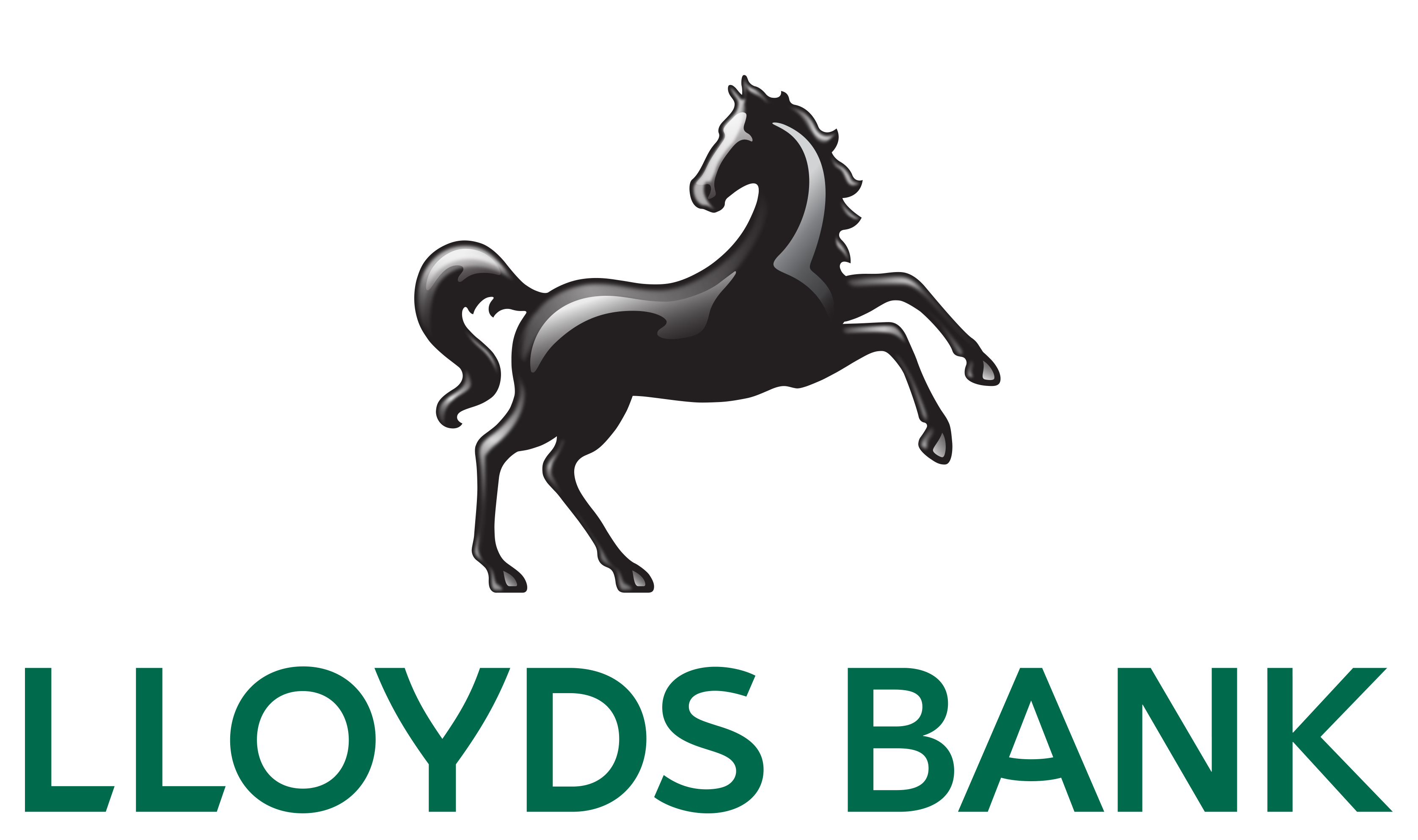
As the UK comes out of lockdown and begins to restart its economy, it must do so with a holistic approach. While London indisputably remains a key hub for business and trade, it is important that the country’s grand re-opening is not viewed solely through the lens of the capital. Rather, it should be better understood as the great rebalancing act that aims to bring other parts of the country closer to London’s level in terms of investment, skills and connectivity. Equally, within the context of the UK’s exit from the European Union, local growth is vital for self-direction. If Brexit is to be a success then the UK needs to ensure that the economy and opportunities available at home are as strong as they can possibly be.
Collaboration should underpin everything the UK does. Finance, business, industry, government, housing, healthcare, transport and education all rely on each other. Lloyds Bank Commercial Banking supports businesses of all sizes and has a presence in nearly every community, making us well placed to act as a facilitator between all these sectors. We see our role not just as a source and strategic distributor of investment, but as active contributors to identifying local solutions. We want to make the UK more productive and prosperous and know that we don’t have all the answers. While we have numerous initiatives in place, including digital skills workshops and specialist and dedicated lending schemes, we know that engagement with local and national policymakers will be key to identifying the solutions required at a national and local level.
So, what does regional development look like? Firstly, there’s the creation of higher-skilled jobs and a positive environment for business that encourages investment and innovation. Secondly, it’s a steady and reliable supply of local housing infrastructure as well as community and cultural assets, good transport and telecommunications links. And, finally, it includes environmental sustainability. All these matter, and all of them support each other to create great places. We want to engage with local communities, because who better understands their needs than the people in these places themselves? For too long, too many regions and nations across the UK have been overlooked and underdeveloped. Through our national team of over 1,100 business specialists we are committed to both convening with local partners to develop these responses and financing the plans to meet them.
For many years we have helped businesses, large and small, to thrive by supporting start-ups and providing finance for growing businesses. But thinking more deeply, we can prioritise the projects that are going to have a broader impact on the areas in which they are based. Financing large-scale infrastructure projects like Dogger Bank – the world’s largest offshore wind farm currently under construction in the North Sea – and digital connectivity programmes can become a catalyst of regeneration. Similarly, in relation to housing stock, we are supporting the construction of more energy-efficient projects, like housing schemes powered entirely by renewable energy.
Support for more environmentally friendly behaviour has long-term benefits stretching far beyond the bottom line: it makes for a healthier and greener community. And in relation to affordable housing supply and combatting homelessness, as a group, we have committed to providing £1.5bn of new funding, including £500m in environmental, social and governance-linked funding, in support of the social housing sector.
Our customers don’t just turn to us for financial support; we also help businesses to upskill their employees and adapt to an ongoing technological shift. Our own research of 1,200 businesses, carried out in July 2021, found that nearly half were forced to innovate as a result of the pandemic. A side effect of this shift has been a growing consumer expectation for businesses to be tech-savvy by default. We offer a range of courses through the Lloyds Bank Academy and we are well placed to help companies improve their digital offerings – this includes training staff, and modernising to meet the changing needs and wants of their customer bases.
Since 2016, we have been helping companies transition from local to global businesses with our International Trade Portal – an online tool that collates market research across different countries, currency exchange rates, and other useful information about taking a product or service abroad. Indeed, regional development should not be understood as a term limited to one region or nation. The bank is committed to helping businesses expand their market reach and the portal removes the fear of the “unknown”, with user-friendly advice on how to trade internationally. The portal also lists global sources of trade opportunities – so it’s not just a source of information, but a tangible business prospect in its own right.
The UK’s post-pandemic recovery and any future success of the country’s economy ultimately depends on an understanding of intersectionality and appreciation of regional diversity. A sustainable environment is essential. While we don’t profess to have all the answers to all the challenges the UK is facing, we want to be at the vanguard of any response. Banks are as much social institutions as they are financial ones, and we feel we have a responsibility to participate in the right conversations taking place locally. We want to help the UK become equipped with the necessary skills to succeed in the future of work. By tailoring plans across our regions and nations, we will help the UK to not just recover, but to “Build Back Better” and more responsibly. A rebalanced economy will not just benefit individual regions, it will benefit us all because it will make the UK a fairer, stronger and more prosperous nation.
Lloyds Banking Group is a financial services group that incorporates a number of brands including Lloyds Bank. More information on Lloyds Banking Group can be found at lloydsbankinggroup.com. All lending is subject to status. This article is produced for general information only. It originally appeared in our issue on Regional Development: Access to Opportunity. Download the full issue here.




